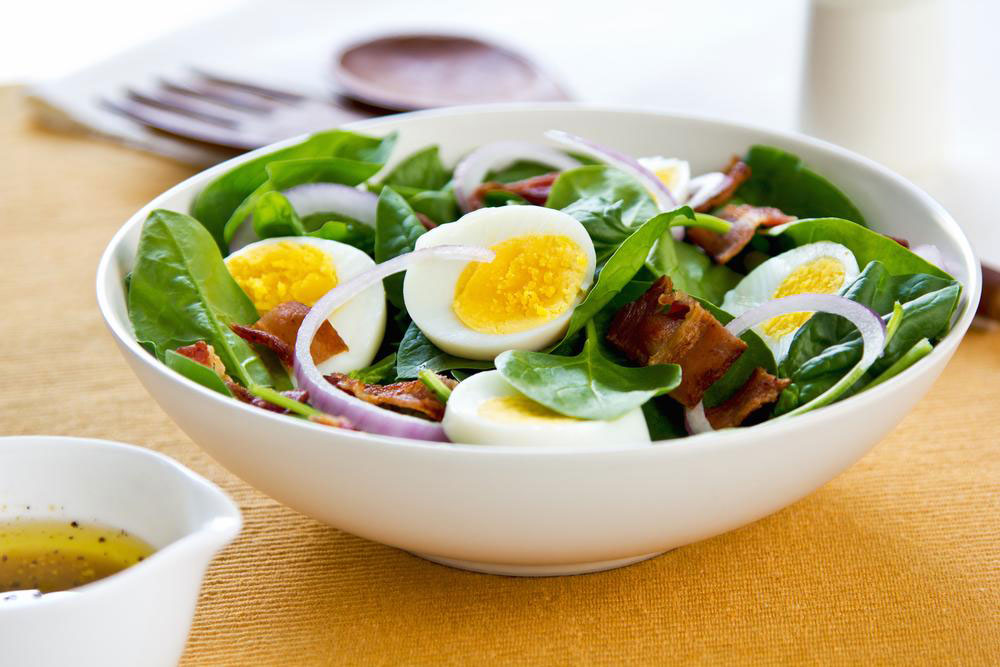Your Guide to Adopting a High-Protein Nutrition Plan
Explore the essentials of a high-protein diet, including its benefits for muscle growth, weight loss, and heart health. Learn how to implement this nutrition plan effectively with expert advice and popular diet options like Dukan and Paleo diets, emphasizing the importance of professional consultation for personalized results.

Your Guide to Adopting a High-Protein Nutrition Plan
Experts including nutritionists and fitness enthusiasts recommend a high-protein diet for muscle growth and fat reduction. When implemented correctly, it offers significant benefits. This diet emphasizes consuming foods rich in protein to support skeletal muscle development and boost overall strength. Proper planning is essential to avoid missing out on vital nutrients, minerals, and fibers, which could be detrimental. Combining this eating plan with strength training enhances its effectiveness, as protein absorption accelerates post-workout, fueling muscle repair and growth.
Before starting a high-protein eating strategy, it’s crucial to understand its mechanisms.
How does a high-protein diet work?
Daily protein requirements are about 50 grams for women and 60 grams for men. A high-protein diet involves consuming significantly more protein from sources like eggs, cheese, seafood, meats, soy, and nuts. Many variations restrict carbohydrates from grains, fruits, cereals, and some vegetables. Consulting a healthcare professional is recommended before adopting any such plan.
Can it aid in weight loss?
Maintaining a calorie deficit is key to losing weight. Although protein and carbs provide similar calories, high-protein foods increase satiety, reducing hunger and calorie intake. Proteins take longer to digest compared to carbs—meats, dairy, nuts, and fish can take over four hours—helping control appetite and boosting metabolism. Strict adherence to a high-protein diet can facilitate weight loss, especially when combined with exercise.
Advantages of a high-protein diet
Several benefits make this diet popular, but understanding your goals is essential. Here are notable advantages:
Enhances muscle development
Protein is vital for building and maintaining muscle mass. Adequate amino acids prevent muscle atrophy, the breakdown of muscle tissue when protein intake is insufficient. Consuming protein post-workout maximizes muscle repair and growth.
Supports healthy weight management
A high-protein plan helps regulate weight by prolonging feelings of fullness, making it easier to manage calorie intake effectively.
Maintains stable blood sugar levels
Proteins exert minimal influence on insulin and blood sugar, slowing their rise and helping prevent blood sugar spikes. This leads to sustained energy and better mood stability.
Promotes cardiovascular health
Replacing carbohydrates with proteins can lower bad cholesterol levels and triglycerides, aiding in blood pressure regulation and overall heart health.
The Dukan diet
Featuring four phases, the Dukan diet begins with a protein-only phase and gradually introduces more carbs and other foods, focusing primarily on high-protein intake.
The Paleo diet
Emphasizing natural, unprocessed foods, the Paleo diet includes meats, fish, vegetables, and fruits—excluding dairy and grains—reflecting ancestral eating patterns.
Numerous variations of high-protein diets exist, each emphasizing protein-rich foods with limited intake of other food groups. Consulting a nutritionist is advisable to tailor a plan suited to individual needs. Gradual adoption ensures your body adjusts smoothly to increased protein consumption.










